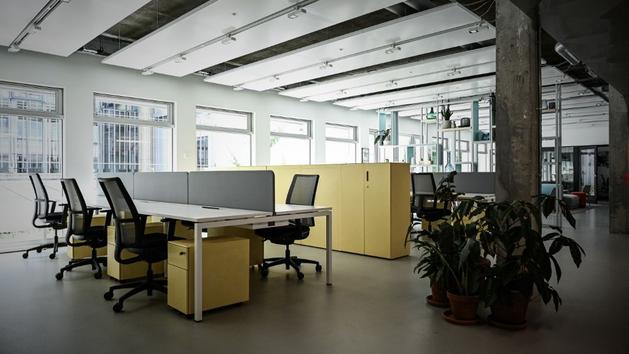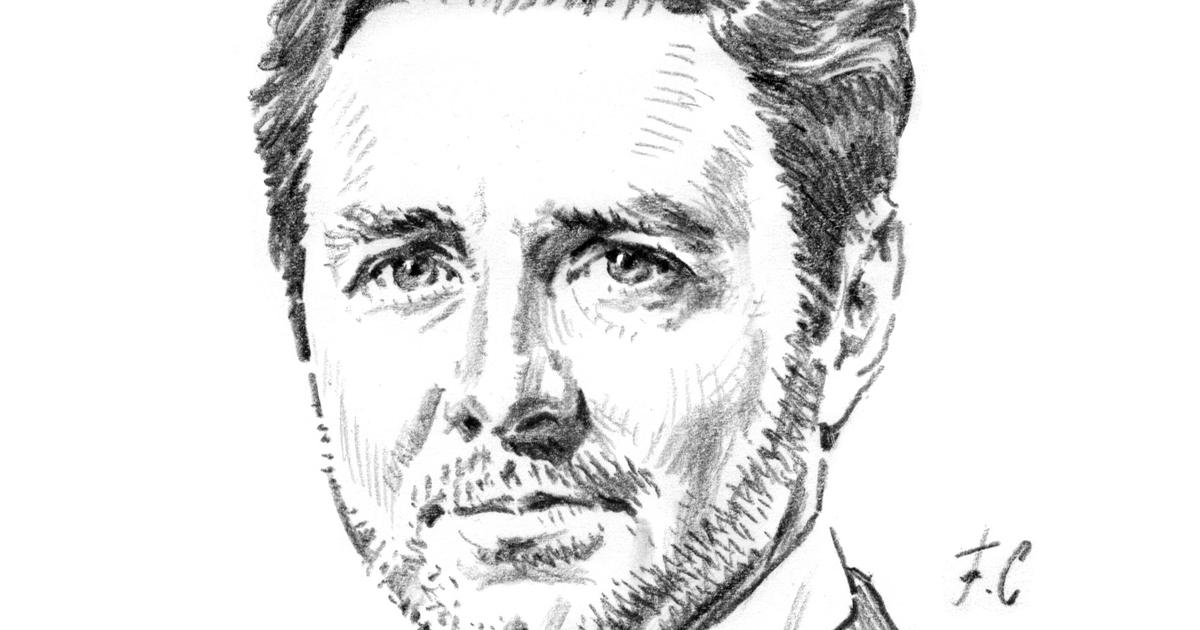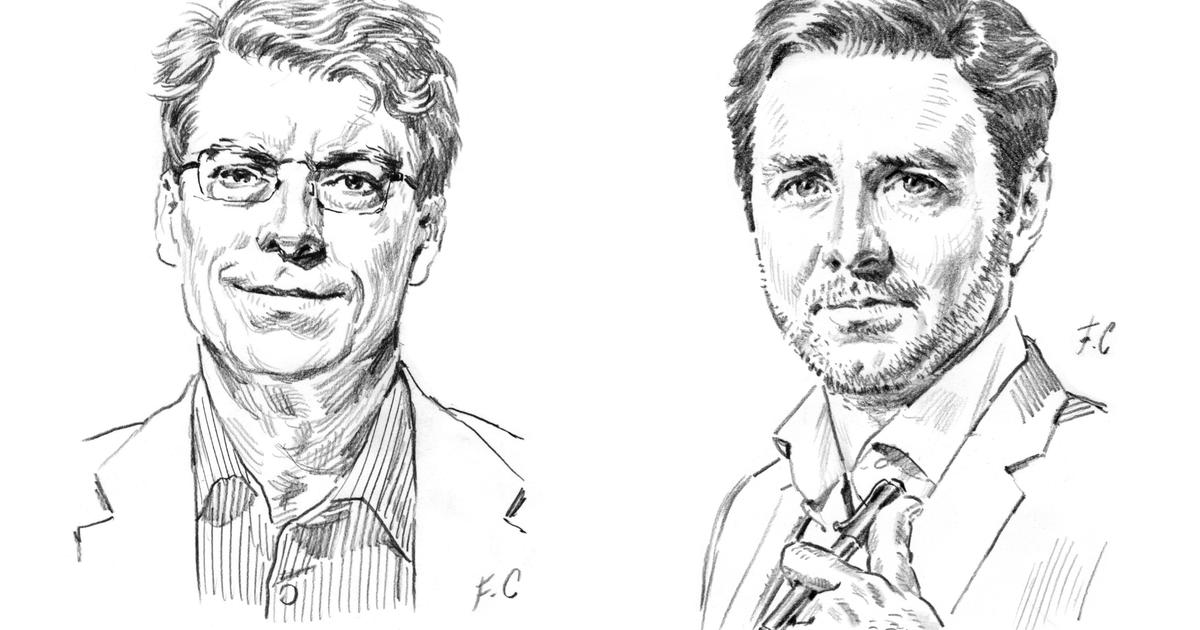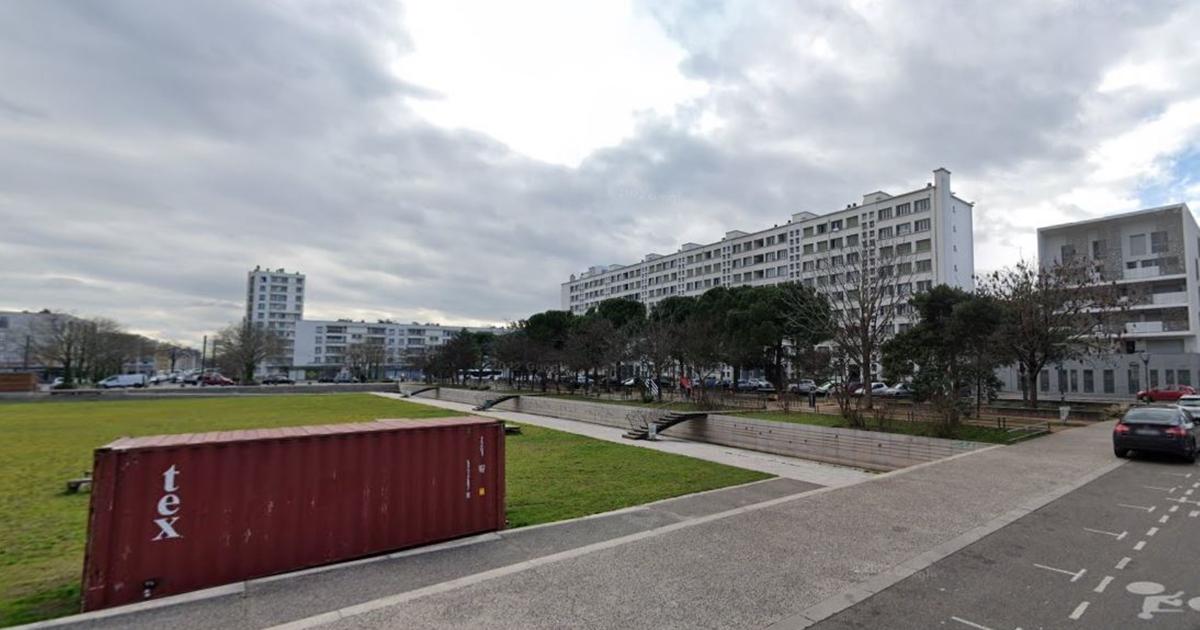Each week, Olivier Babeau decrypts the spirit of the times for FigaroVox. He is president of the think-tank Institut Sapiens and, moreover, professor of management sciences at the University of Bordeaux. He recently published Praise of Hypocrisy (Éditions du Cerf, 2018).
Forced telecommuting during confinement has raised the question of the usefulness of offices for many companies. If we manage to operate for several months without them, why keep these places extremely expensive? The calculators are heating up and many managers are already imagining how they can better use these saved resources: additional hires, investments or even higher wages.
Read also: Telework, progress to be welcomed or dangerous regression?
Even if certain physical meetings are necessary at regular intervals, the office occupancy rate becomes too low to justify renting one full time. In other words, companies are somewhat aware of the awareness of car owners, understanding that they are paying for a vehicle that is chronically underused. The debate is all the raging since the financial interests at stake are considerable: some fear a crack in professional real estate if demand were to drop suddenly. Let them be reassured, the end of the office is not for tomorrow. The coronavirus will certainly have given its letters of nobility to teleworking, but I bet that it will remain, even in the tertiary sector, a fairly marginal practice. Why? Less for reasons of immediate efficiency perhaps than because telework ignores the deep nature of the office.
It is also in the informal moments that the feeling of belonging to the group is really formed and that motivation is based.Certainly, collective work is nourished by the thousand moments of informal conversations that make up office life. It is also in these moments of shared life that the feeling of belonging to the group is really formed and that motivation is based. It has been a long time since we understood that a business was not only the place of a cold rationality, but that emotions (what we would have called passions in the great century) have their place there.
If the office is a microcosm, that is to say a world in miniature, it has all the virtues but also the faults. It is precisely the latter that make the office so essential: it is a political place. That is to say, a place where the confrontation of powers takes place through self-staging and interaction rituals.
Read also: Are you well-lit in the office?
Studies have shown that people who telecommute, while more productive, are less promoted than others. This is the drama of the business: real work is not necessarily visible, and symmetrically ambiguity can allow people without added value to usurp recognition. The physical office functions in many ways like an old regime court. The existence of the courtier is an existence of an actor. La Bruyère writes: “A man who knows the court is master of his gesture, his eyes, and his face; it is deep, impenetrable; he hides bad offices, smiles at his enemies, constrains his mood, disguises his passions, belies his heart, acts against his feelings. ” The competition for honors, positions, precedence and prebends requires mastery at all times, because there are hundreds to covet the sovereign the same favors. It is to whom will be most seen, favorably noticed, known and recognized. The court obviously did not start at Versailles. It is, through the ages and civilizations, a social phenomenon almost always accompanying the existence of a centralized power, including today. A place of power always becomes an arena of rivalry, because there is a natural rush, and as if attracted by a magnet, a sea of people hoping to grab a piece of this power or benefit from its generosity. A potentate distributes, places, grants. It is his main occupation, and his most effective way of strengthening his power, as one is never really respected except by those to whom one has in some way granted some benefit.
Real work is intertwined with "dramatic action", that is to say the staging of oneself at work.The company has quite similar characteristics: recognition, compensation, promotions are granted. Everyone is competing for the capture of these benefits. This is why in companies, real work is inextricably intertwined with what sociologists call "dramaturgical action", that is to say the staging of oneself at work. Showing that you are doing is more important than doing. It is about being recognized by the group, and to achieve this, the moments of physical co-presence are decisive. Behind the veil of the rituals of exposure of its activity, political games can mobilize a significant part of the day. Telework breaks these political games because it removes the countless moments of social games that surround work itself. The videoconference exchanges focus on the tasks, leaving almost no room for " productivity displays ". It is therefore not imaginable that a large organization could function without preserving these arenas of the social and political games which are the offices. They still have a bright future ahead of them.









